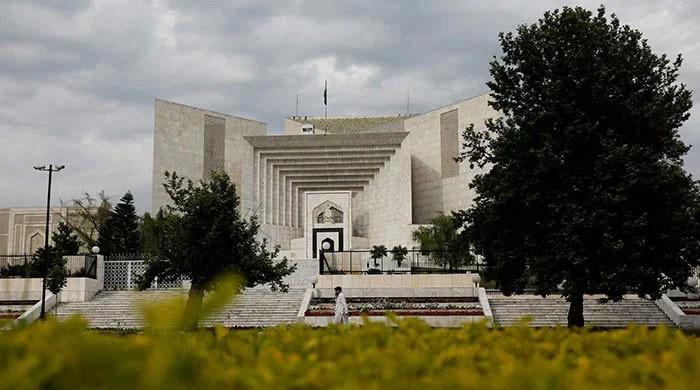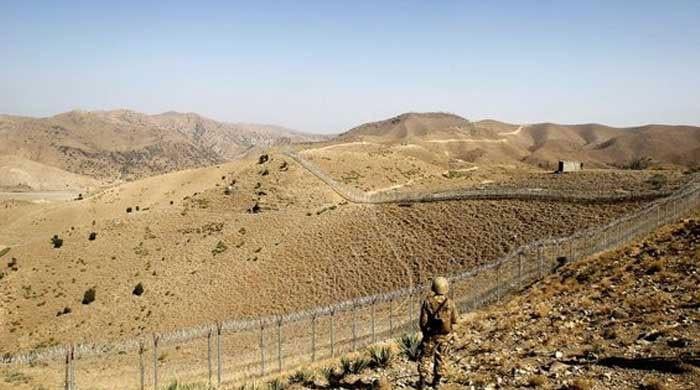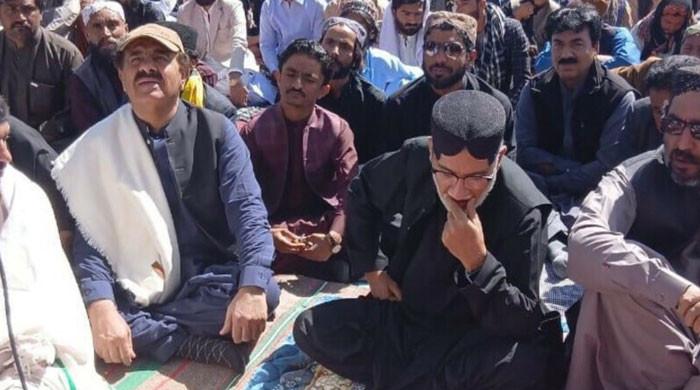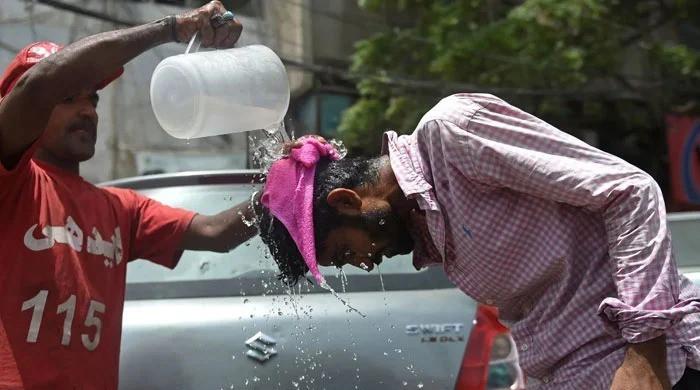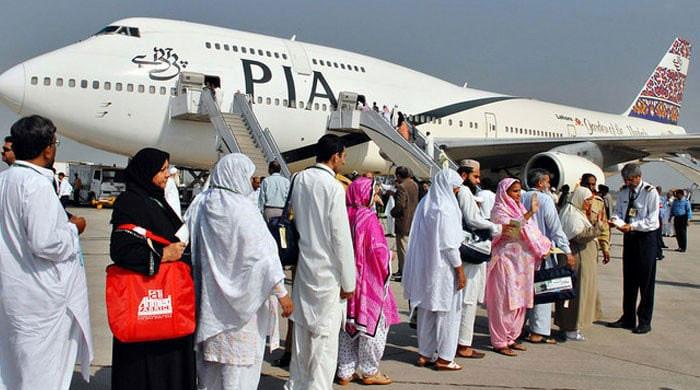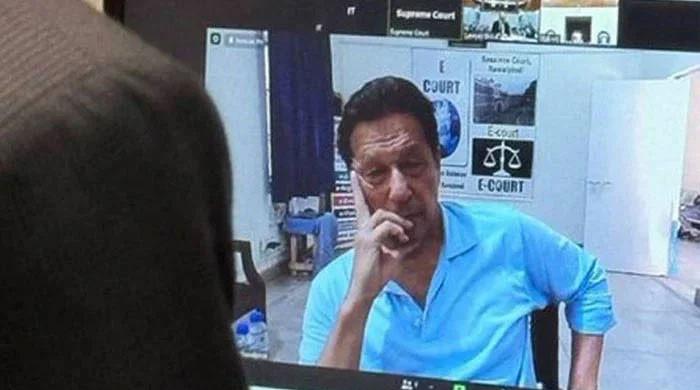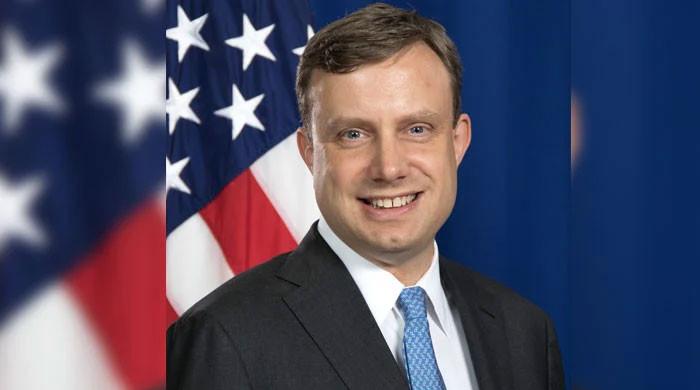Laws passed by PTI govt will be used against Imran and co in future: Maryam Nawaz
Maryam Nawaz says enacted laws are "meant to silence the media and the Opposition"
February 20, 2022
- Maryam says enacted laws are "meant to silence the media and the Opposition".
- "Don't say that you hadn't been warned," Maryam tells PM Imran Khan.
- Comment comes after President Arif Alvi signs two ordinances to make changes to the Prevention of Electronic Crimes Act, (PECA) 2016, and the Elections Act, 2017.
PML-N Vice President Maryam Nawaz on Sunday said that the laws which the PTI-led government is passing will be used against Prime Minister Imran Khan and company in future.
Her comment came after President Arif Alvi signed two ordinances earlier in the day to make changes to the Prevention of Electronic Crimes Act, (PECA) 2016, and the Elections Act, 2017.
Taking to Twitter, Maryam said that the enacted laws are "meant to silence the media and the Opposition."
"However, these laws will ultimately be used against Imran and company," she wrote. "Don't say that you hadn't been warned."
Both laws were signed by the president after the Cabinet approved them. The changes made in the electronic crimes act have been made under the Prevention of Electronic Crimes (Amendment) Ordinance, 2022.
Under the ordinance, the definition of a “person” has been broadened to include any company, association, institution, organisation, authority, or any other. Furthermore, anyone found guilty of attacking a person’s “identity” will now be sentenced to five years instead of three years.
The ordinance also states the informant or the complainant shall be “aggrieved person, his authorised representative, or his guardian, where such person is a minor or a member of the public in respect of a public figure or a holder of public office”.
Cases falling under PECA will be supervised by a high court and the trial court will have to conclude the case within six months.
“The court shall submit a monthly progress report of any pending trial to the concerned high court and shall give reasons for the inability of the court to expeditiously conclude the trial,” says the ordinance.
Apart from sending the report to the high courts, copies of the progress report will be sent to the law secretary if the case is registered in the Islamabad Capital Territory. However, if a case is registered in a province, then the copies of the report will be submitted to the “provincial secretaries of prosecution departments, the prosecutor general or advocate general”.
The ordinance also authorises the high court to issue “fresh timelines” of a case if it finds the “reasons” given by the trial court “plausible” and beyond its control.
The ordinance also empowers the high courts to summon federal or provincial government officers to remove any “difficulties, hindrances and obstacles” it finds in the case.
If the law secretaries find that the case was delayed due to the “presiding officer or any of its functionaries” then they may inform the high court. If the high court is of the view that the delay in the disposal of a trial is attributable to the presiding officer of the court or any other court functionary then they can initiate or “direct commencement of appropriate disciplinary proceedings."
The ordinance also empowers the chief justice of every high court to nominate a judge along with other officers.
Changes in election laws
The other ordinance signed by the president makes changes in section 181 of the Election Act, 2017.
The amendments have added a new section titled 181 (A) in the law.
The new law allows a member of “parliament, provincial assembly or elected member of local government, including member holding any other office under the constitution or any other law, will be allowed to visit or address public meetings in “any area or constituency”.
Govt proposes changes in electoral, social media defamation laws
A day earlier, Information Minister Fawad Chaudhry had confirmed that two important bills relating to the election commission's code of conduct and social media have been sent to the federal cabinet for approval.
In a tweet, the information minister said the first proposal seeks permission to allow parliamentarians to run election campaigns.
The second law, if enforced, will make social media defamation a punishable crime.
"Insulting the dignity of another person on social media will be made a punishable offence and the courts will be bound to decide the cases within a period of six months," he said.
— Thumbnail image: AFP/ File




